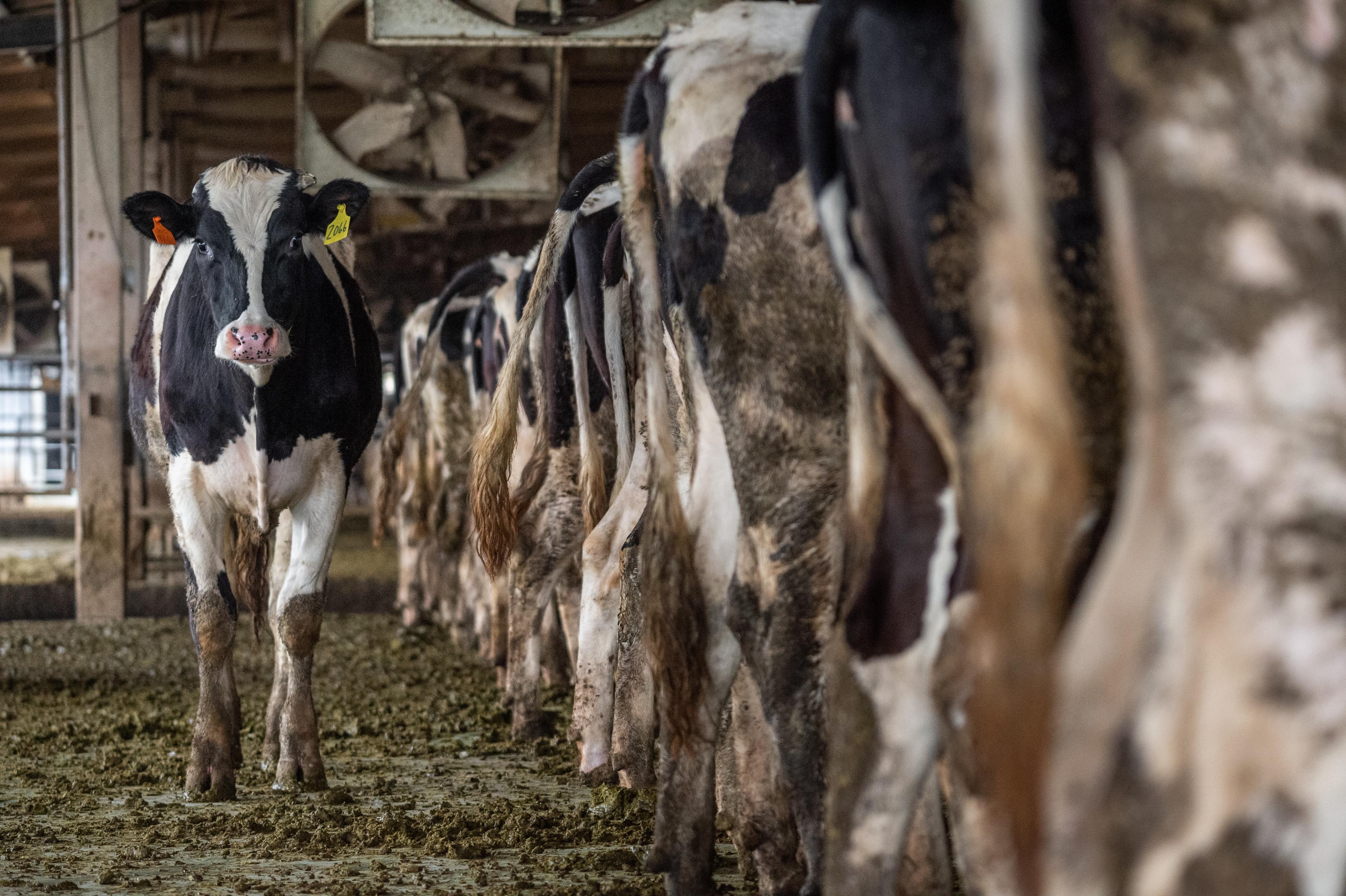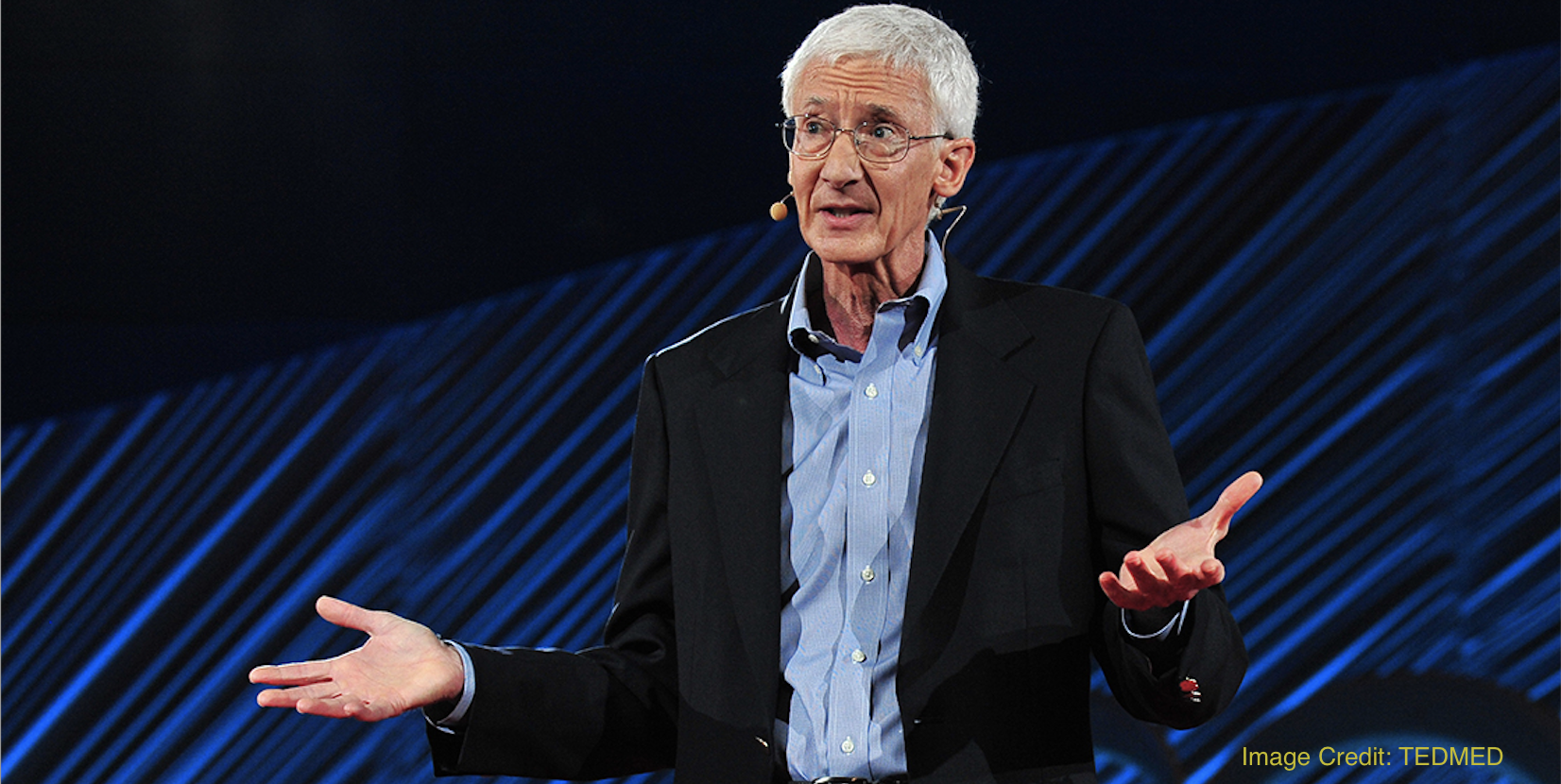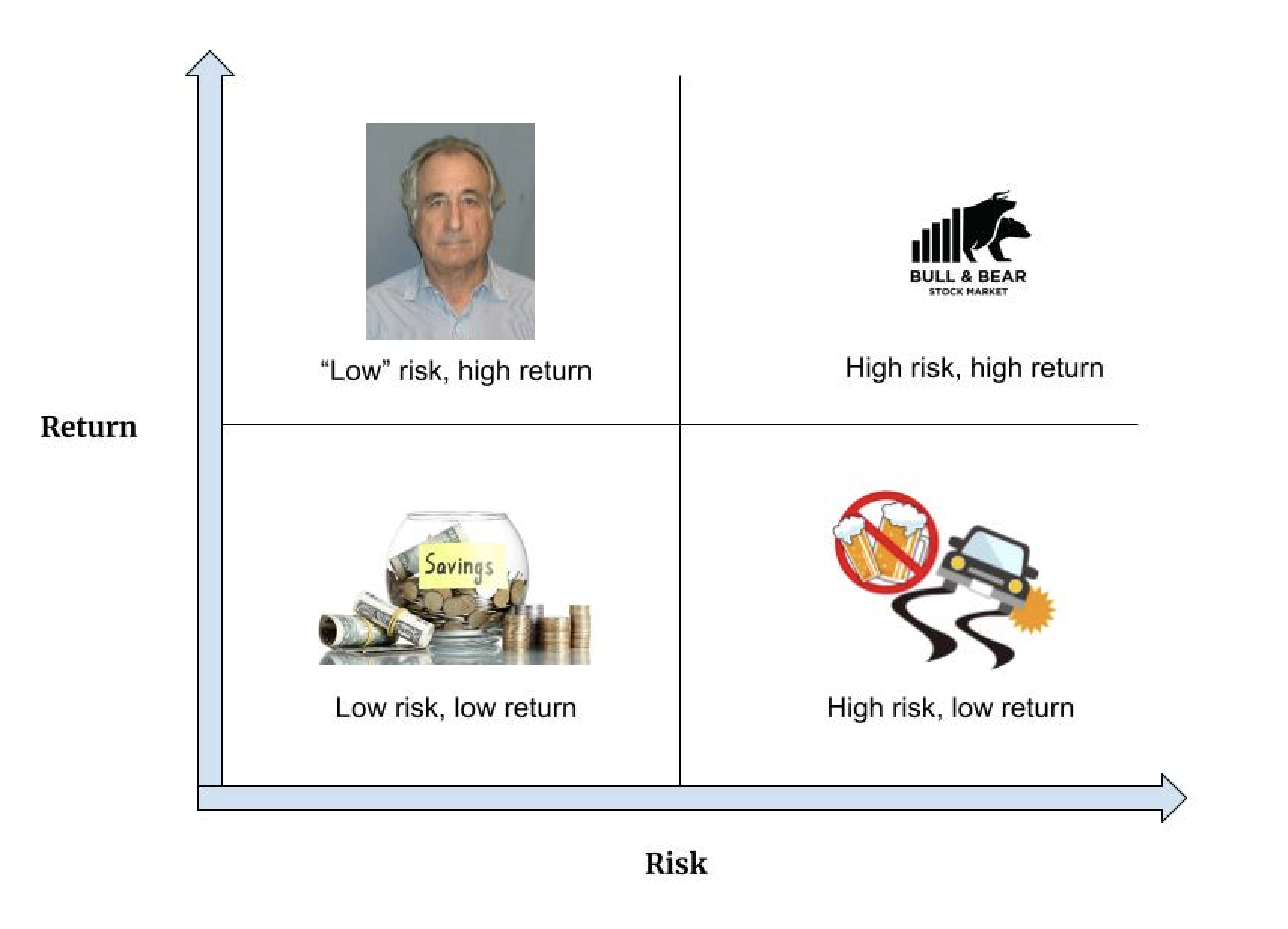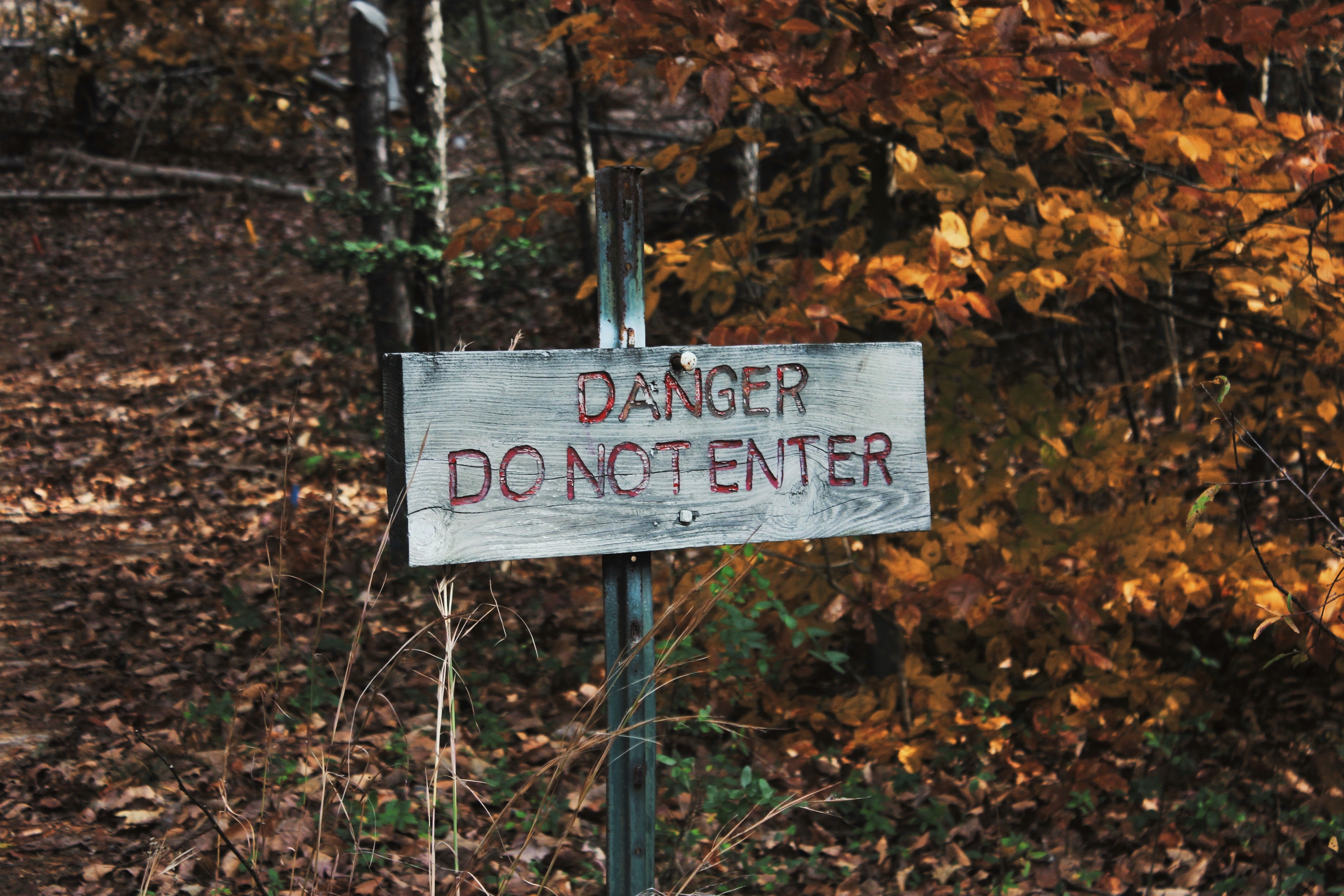Why We're Wrong: Factory Farming
In my previous post (part one) I discussed why I feel more free after denouncing political-party identity. More importantly, I tried convey why it is vital to remember that several customs that are commonplace today will seem appallingly wrong on moral grounds in just a few decades. The post veered into why I dislike applying modern morality to history and historical figures—a practice called presentism—since we’re evidently unaware that we’ll be just as wrong in the eyes of future generations as previous generations are to us.
The aim of part one was to remind us that we’re going to be remembered as glaringly wrong in the near future. In this post (part two), I am picking a modern practice that I think has a 99.9% chance of being deemed morally wrong by 2100 if people still exist. The only qualification requirement of Why We’re Wrong is that the vast majority of people contribute to the custom on a near-daily basis. In the coming weeks, I’ll discuss another practice that I think will be judged by the masses as morally wrong, as well as a few quick hitters to round out the series.
My real goal in writing this is to appear cool in the eyes of my hypothetical grandchildren, assuming they are punished by reading their grandfather’s Mexico blog.
Factory Farming
Some errors in morality are unknowable to people at the time they’re alive—imagine explaining online predators to someone in 1900—but some are eminently obvious at the time. These obvious errors are situations in which people choose to turn their heads away for the sake of convenience or situations in which change would equate to a horrible transition.
The most obvious example of this widespread moral error in American history is slavery. Slavery was not mentioned in the Constitution by name, yet laws surrounding it were included. The people who turned their heads away or who enacted short-term solutions in the ensuing sixty years did so out of convenience and a hope that the country could stay united. As the most notorious slave-owning president (Thomas Jefferson) wrote seven years after his presidency: “We have the wolf [slavery] by the ear, and we can neither hold him, nor safely let him go. Justice is in one scale, and self-preservation in the other.”
No strong majority had the gall to face slavery head on until there was no option, hence the choice of convenience and the realization that change would require to a horrible transition—which it did, for 600,000+ young people died in the Civil War.
I am not comparing factory farming to slavery, nor do I think this practice will literally cause a civil war, but the concept of turning our heads away due to lifestyle convenience is no different; both practices were running into a wall, and we’re quickly approaching that wall with factory farming. This horrible transition is something that we can avoid if we are proactive and use technology (more later), though it seems as though we’re yet again kicking the can down the road.
Convenience
Basically, anyone who eats meat and doesn’t raise their own livestock is contributing to factory farming, also known as intensive animal farming. About 94% of Americans regularly eat meat, so factory farming meets the “Why We’re Wrong” threshold of implicating the vast majority of Americans.
I personally eat meat, so this sections applies to me too. That being said, pigs have always been my favorite animal, so much so that my second-grade peers thought something was wrong with me when every story that I wrote/read in class was about flying pigs. Like any good Catholic child who observed a Kosher diet, I denounced pork for a good chunk of my youth. I eat pork again today (the main food group in Mexico) but watching this Steve-O video made me again weigh the consequences of eating bacon.
Warning: this is sad, very graphic, and puts SPCA ads to shame.
Eating meat in 2019 is not the same as eating meat in the 1930s. Globalization means that most of us are highly removed from the production of all the meat and animal products that we consume or use. I am so removed that doing just a few hours of research and watching a single video with the star of Jackass led me to question my entire dietary existence. It’s amazing that we live in an age where we can avoid thinking about this for years at a time. I’m by no means trying to influence your meat consumption, but I think it’s irresponsible to not consider where our meat comes from from time to time.
But back to the main point. Why will factory farming be seen as such a moral wrong? In order for a future generation to both scorn our current era and not be hypocritical, factory farming cannot be future a reality. In other words, something will need to drastically change in the food production since 300+ million Americans are not thrilled to give up meat. In addition to potential tech innovations to achieve this, I think that the environmental, moral, and dietary impact of factory farming will form the list of issues that future people will say we routinely ignored each time we ate meat.
Environmental
The environmental footprint of eating meat is astronomical compared to what it used to be. The threats are many: deforestation, pesticides and fertilizer manufacture, too much pressure on land (from high-protein animal feed) and freshwater (required to grow crops for the animals), air pollution (from manure), soil pollution, and water pollution from nitrogen and phosphorus in the fertilizer, etc.
Lists don’t scare me compared to some of the environmental statistics.
According to Animals Australia’s YouTube channel, for each one kilogram of animal protein that is produced, six kilograms of plant protein are necessary. I always thought that farm production was amped up to feed a growing populace, but I now realize that we could feed the billion hungry people in the world and still have most of this food left over. Thirty percent of the non-ice land in the world is used to raise animals that we’ll eat.
And none of that conveys the amount of harmful emissions produced in the form of methane, ammonia, etc.—mostly from manure—that can’t be absorbed in areas where forests were cleared to house animals.
In the coming years, emission from food production (meaning the full process) will consume 50% of our carbon budget.
The manure also destroys fresh water supplies and creates dead zones. Americans produce 1/3 as much poop per day (PPD) as our animals. That’s too much PPD to handle. In less efficient production zones, livestock can produce an output of as much as 1,000 kg of carbon for every kg of protein they produce.
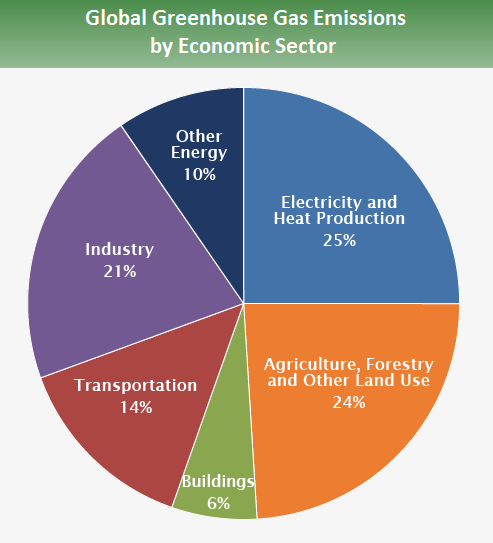
Obviously there are a million statistics and graphs I could conjure, but instead of pushing you to leave this post for a more entertaining place on the deep web, I’ll just say we’re on a highly unsustainable pace.
Moral
Making a convincing moral argument for why factory farming will be seen as morally wrong is ironically more difficult than making the environmental argument. A moral argument takes convincing instead of facts, and as someone who eats meat I feel as unqualified to write this as 2003 LeBron James would have been if he had announced that global warming was his biggest passion.

The basis of this post is that factory farming is still not seen as a moral wrong by post people (based on action, not Tweets) but that it will be in the coming decades. It’s the same way that we look upon Americans in the 1990s and wonder what took so long to introduce paid maternal leave like every other developed country in the world. Between that, allowing broke college athletes to sell their autographs, and ensuring that wealthy people can’t bribe their children’s ways into Yale, we’ve come like, really really far.
[Editor’s note: all of that still existed as of 2019.]
The best moral argument that I can make is watching that Steve-O video again. If you can’t force yourself to twice watch eleven minutes of pigs squealing, it’s a sign that this practice is morally wrong. Get over it dog lovers: pigs are objectively smarter than dogs, and subjectively smarter than many humans. If you wouldn’t want your dog to live its entire life in a sow (which are illegal in the UK) where they can’t every turn around, then why would you let pigs do it?
In 2080, when real meat is produced without butchering animals, chick culling (killing all the of the industrially-useless males right after they hatch) will seem pretty inexcusable. In my last post I said that it’s hard to be aware of which current actions will one day seem horribly wrong, but this one doesn’t require too much thinking. Even if you buy “organic eggs,” the practice of chick culling likely still occurs.
When we separate animals from meat production will future humans look at this practice as genocide? I fully expect little kids to ask old people (hopefully me one day) why I let the farmers murder all the male eggs. I will feign deafness and begin a lecture about the presidency of Ulysses Grant until they learn to not be so morally righteous.
Dietary
According to the Vegetarian Times, which I assume is an unbiased source (and makes me picture live-action VeggieTales actors wearing full costumes every time they type), “A vegetarian diet reduces the risk for chronic degenerative diseases such as obesity, coronary artery disease, high blood pressure, diabetes and certain types of cancer including colon, breast, prostate, stomach, lung and esophageal cancer.” They also say you’ll save money and be less constipated.
Since humans have eaten meat since before we were Sapiens, I’m not convinced that eating homegrown meat is harmful to one’s health, although many experts disagree. I am not an expert, but I will concede that eating meat in the era of factory farming is different than eating meat as it existed for millions of years. Eating animals that are too fat to turn around or who are just a giant antibiotic is probably less than great for our bodies.
Speaking of antibiotics, “There is now overwhelming evidence that the routine prophylactic use of antibiotics is leading to the rise of antibiotic resistant superbugs, and the World Health Organisation has issued warnings that if we don’t do something to curb antibiotic use in both human and animal medicine we will face a post-antibiotic era where currently treatable diseases will once again kill,” per The Guardian. In countries like China, antibiotics for livestock is unregulated, and farmers can prescribe them at their own discretion. Not that it matters, because the anti-vax community will kill us all first.
People don’t even have to give up meat to eat meat in a healthier way. The Guardian also writes that 5 million+ premature deaths are avoidable around the globe by 2050 if people actually followed healthy meat consumption guidelines. This would save global healthcare around $1 billion per year—money we could all donate to Jeff Bezos.
Hope and the Future
Despite the moral, environmental, and potential health benefits of casting aside factory farming or meat altogether, I am aware that those factors alone will not foster meaningful change. The number of vegetarians has hovered around 6% in America for decades, and surely a big part of that number is linked to religion and not a lifestyle change. As a member of the 94%, I can attest that individual diet change is not a real solution. So what is?
Startups like Impossible Foods are giving hope for a future in which we can both eat meat and live comfortably on earth. It’s main product, the Impossible Burger, is not your stereotypical veggie burger, for it bleeds like meat and uses a plant-based molecule known as heme that gives the burger its traditional bloody and meaty taste.
Burger King is rolling out the Impossible Burger in its Saint Louis restaurants as we speak, and it will soon spread the burger to all of its US locations if it’s successful. If you live in St. Louis (Parker) and cringed at the Steve-O video, go buy one to support the cause and to support a local business like Burger King.
Watch this video just for the guy who has eaten a self-proclaimed 2,000+ Whoppers.
Fake meat isn’t the only solution, for literal meat synthesis will be possible in labs instead of on farms. Future meat that is grown in these labs will can be cell-for-cell identical to animal meat yet free of all the concerns inherent in factory farming. Maybe synthesized meat, plant-based products that taste like meat, and a return to healthy farming can all be possible and positively influence each another.
Final Words
It’s truly amazing how infrequently many of us stop to think about where much of our food comes from. Before writing this I enjoyed explaining how harmful I thought factory farming was, yet I knew almost zero facts. Again, I am not trying to convince you to give up meat, especially in light of the breakthroughs that might be on the horizon. But, I think it’s a moral responsibility to think about these production issues. At least once per decade.
If you’re still not convinced that factory farming will be seen as morally outrageous in 2100, maybe this oddly pornographic cartoon from PETA’s Twitter account will do the trick.
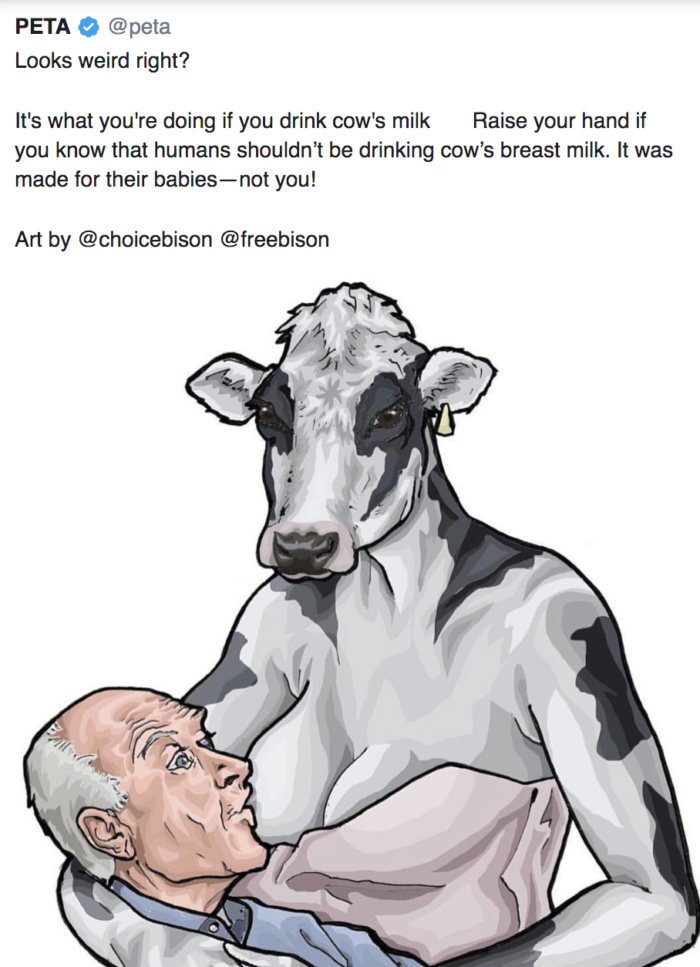
I guess this is considered unpasteurized.

